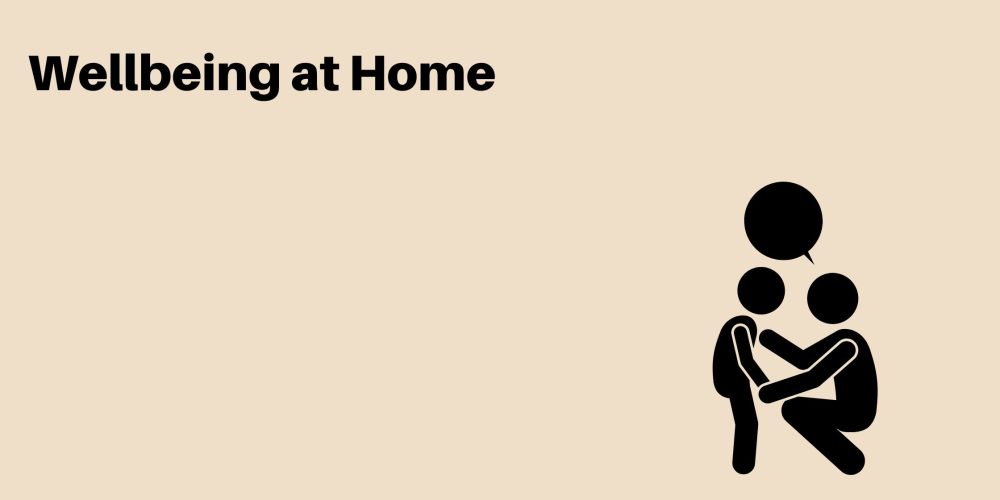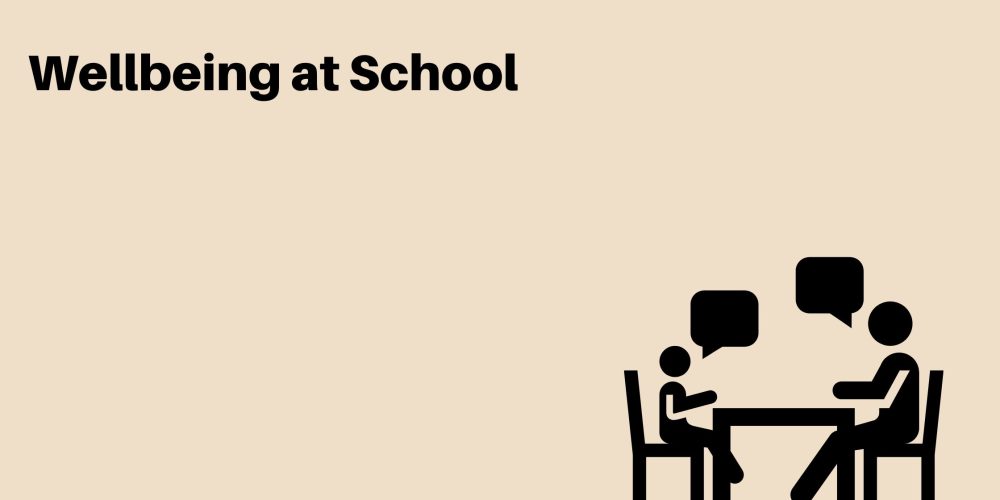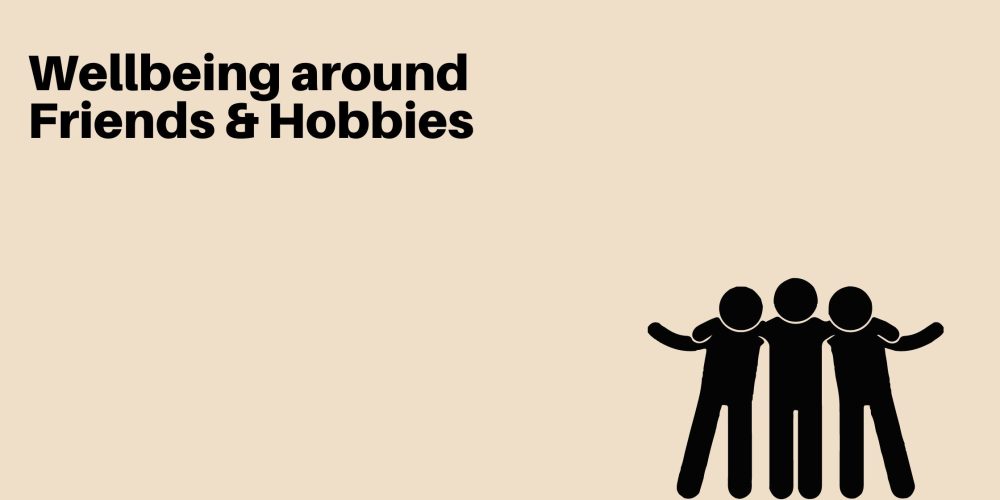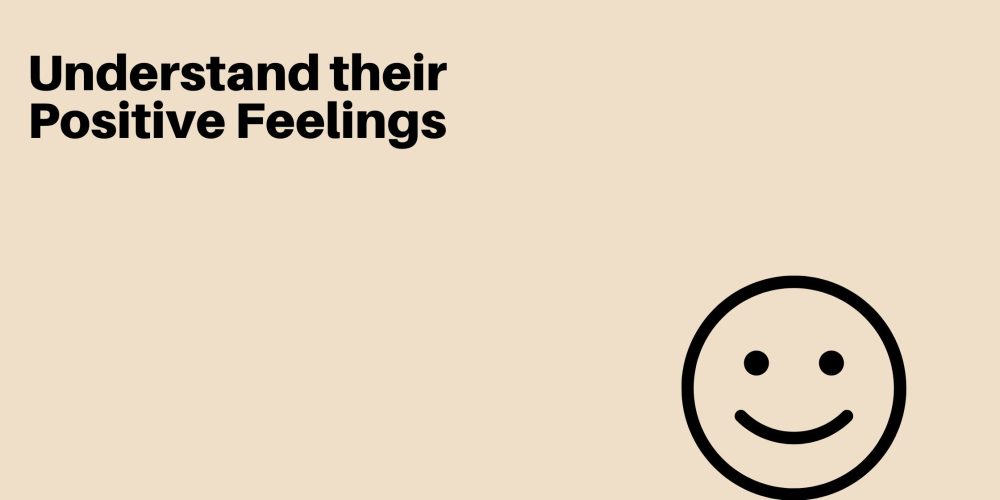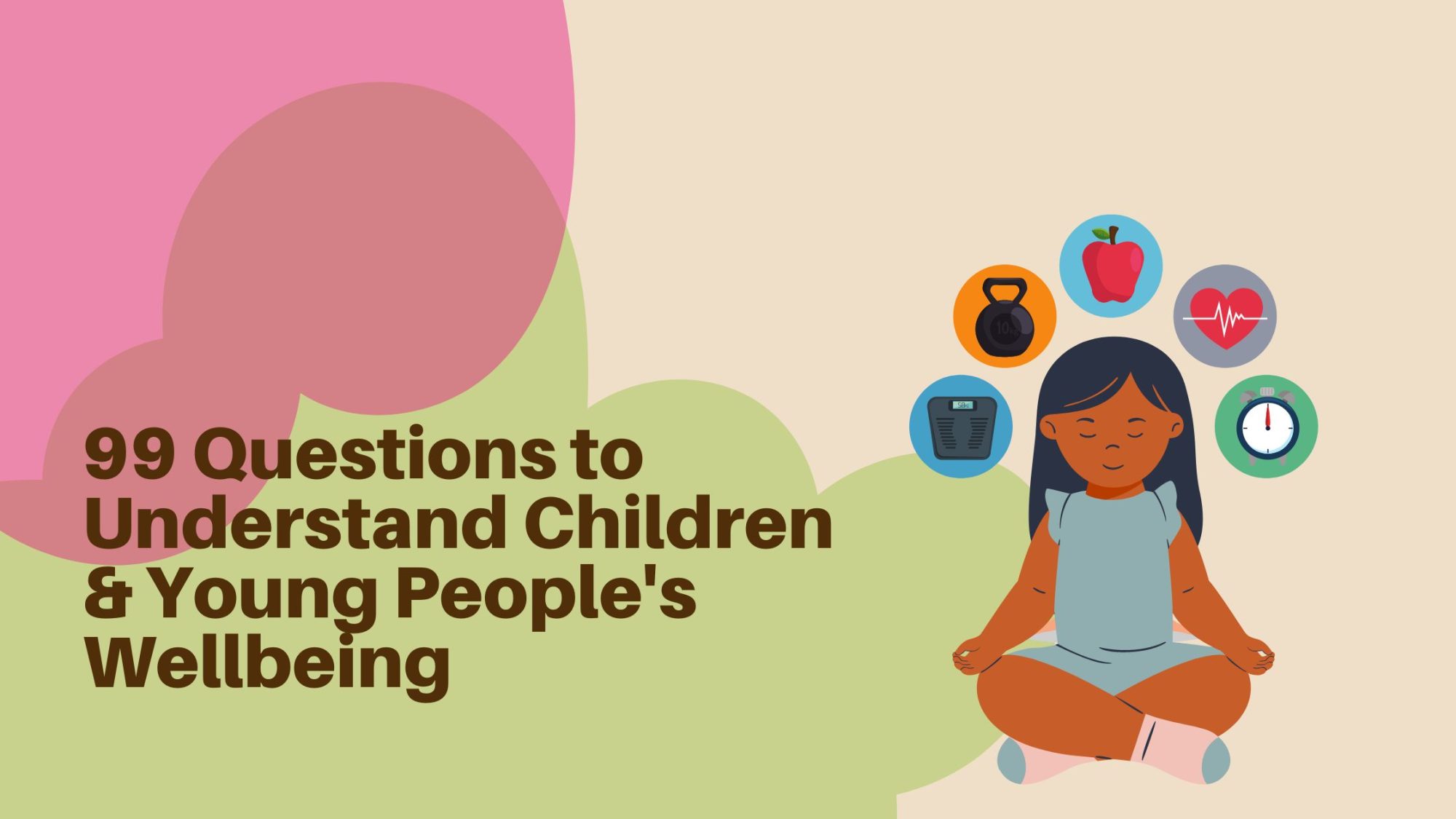If you are looking for unobtrusive questions to help you understand a child or young persons wellbeing then look no further than this guide.
Here we have compiled 99 questions that give insight into their health and welfare.
You can filter through each of the topics to find the questions you think will be of the most benefit.
Check out the list below:
Questions to understand their wellbeing at home
Asking about a child or young persons home life can be difficult. If the right question isn’t asked you may put them on the defensive.
Depending on the child or young person you may want to ask a direct question or one that is more indirect but still gives you insight into their wellbeing or life at home.
- How are things with your parents?
- What do you most enjoy about being at home?
- What is your favourite thing to do at home?
- What is your favourite meal?
- Would you like to talk privately with an adult from school about how you’re feeling or something on your mind?
- How have you been sleeping recently?
- What’d you have for breakfast?
- What’s in your lunch?
- Is there someone at home who listens to you when you have something to say?
- What are some things that you look forward to when you come home?
- Who do you like spending time with the most at home?
- How do you feel about the amount of time you spend with your family at home?
- How do you feel about the rules and expectations at home?
- What do you do to relax and unwind after a long day at home?
- Do you have responsibilities or chores to help out around the house?
- Are there any changes you would like to see in your home environment?
- Do you feel like you have enough privacy in your home?
- How do you feel about the support you receive from your family at home?
- How do you express your feelings and emotions at home?
- Do you have a quiet place to go to when you need some time alone at home?
Questions to understand their wellbeing at school
Understanding a child or young persons relationships and wellbeing at school is applicable to any adult they are associated with.
It can help highlight any issues with teaching, learning, anything bullying related as well as any safeguarding issues.
Questions around school wellbeing can range around their time in lessons, relationships with teachers, friends or their overall engagement.
- What was the best part of the past week for you?
- What was the hardest part of the past week for you?
- What can teachers or other adults at school do to better help you?
- How included did you feel in class today?
- What was your favourite part of class today?
- What got in the way of your learning today?
- What’s the most interesting thing you learned today?
- How do you feel about going to school each day?
- What subjects or activities do you enjoy the most at school?
- Do you feel comfortable participating in classroom discussions and activities?
- What do you do during breaks or lunchtime at school?
- How do you feel about the school environment and atmosphere?
- Do you feel like you fit in with the other students at school?
- Do you feel motivated and engaged in your learning at school?
- What are some things that you look forward to when you go to school?
- Are there any resources or support services at school that you find helpful?
- How do you cope with difficult situations or conflicts with peers at school?
- Are there any teachers or adults at school who you feel you can talk to if you need help?
- Are there any areas of school life where you feel you need more support?
- How do you feel about group projects and working with classmates on assignments?
- Are there any aspects of school that you find particularly stressful or overwhelming?
- What do you do when you encounter challenges or obstacles in your schoolwork?
Questions to understand their wellbeing around friends & hobbies
For many children and young people, their wellbeing can become vulnerable around their friends and hobbies.
Strong friendships or pursuing of passions is an opportunity to let their guard down but can sometimes leave them vulnerable to threats they might not be aware of.
Asking questions around what they love to do, who their friends are and what friendship means to them, can be a good way of identifying any areas that might be affecting their welfare.
- What is your favourite thing to do?
- Who do you like to spend time with?
- What do you like to do for fun?
- What sport do you like to play?
- When was the last time you felt lonely?
- Who do you want to sit with/work with?
- What are your favourite books?
- What are your favourite movies?
- How do you handle conflicts or disagreements with your friends?
- Are there any new hobbies or interests you want to explore?
- Are there any hobbies or activities you enjoy doing alone?
- How do you feel when you’re able to share your hobbies and interests with others, including your friends?
- How do you balance spending time with friends and pursuing your hobbies?
- What do you value most in a friendship?
- How do you and your friends typically spend time together?
- Do you have different groups of friends for different activities or interests?
- How do you feel when you’re surrounded by friends who truly understand and support you?
- What do you value most in a friendship?
- How do you know if someone is a true friend?
- How do your friends influence your decisions and behaviours?
Questions to understand their positive feelings
It is important to understand what makes the children and young people around you happy. By understanding their positive emotions, you understand what makes them feel safe, happy loved etc.
It can also help you to spot changes in their emotions and wellbeing. You can spot when what makes them happy, safe etc is no longer the same and delve into why this change has happened.
As part of helping a child or young persons wellbeing, we need to help nurture these positive feelings during a time in their life where emotions and hormones will fluctuate intensely and at random.
- What makes you feel happy?
- What makes you feel excited?
- What’s the best thing that happened to you this week?
- What have you done lately that you’re proud of?
- What do you do to make yourself feel better?
- Who are the people you feel safe with?
- Where is a place you feel safe?
- What makes you feel calm?
- Can you share a time when you felt really loved and supported by someone?
- How do you feel when you spend time with people who make you feel understood and appreciated?
- What activities or experiences make you feel curious and eager to learn more?
- What activities or experiences help you feel confident and self-assured?
- Can you share a memory of a time when you laughed uncontrollably or felt pure joy?
- Can you describe a moment when you felt completely at ease and content with yourself and your surroundings?
- Can you describe a recent moment when you felt proud of yourself?
- Can you recall a time when you felt a deep sense of connection with someone else?
- How do you feel when you achieve a goal that you’ve been working towards?
- Can you recall a time when you felt grateful for something or someone in your life?
- Can you describe a time when you felt inspired or motivated to pursue something you love?
Questions to understand their negative feelings
Asking questions around a child or young persons negative feelings can provide great insight into their overall wellbeing.
You can begin to spot patterns in behaviour as well as identify what is behind these negative emotions.
Through asking questions around negative emotions you can begin to get a picture of their overall wellbeing and any underlying issues.
- What makes you feel sad?
- When was the last time you cried?
- What do you find confusing?
- What scares you?
- What, if anything, are you really worried about?
- In the past week, how often have you felt: sad, angry, happy, joyful, proud, etc.?
- What’s the worst thing that happened to you this week?
- When you feel really sad or really mad, what do you do?
- If you were having problems with your mental health, who would you go to for support?
- What makes you feel anxious?
- How do you feel about things changing?
- How do you handle conflicts or disagreements with friends, siblings, or classmates?
- Can you describe a time when you felt guilty about something you did or didn’t do?
- Can you share a time when you felt stressed out about something?
- Can you describe a time when you felt misunderstood or not listened to?
- What do you do when you feel overwhelmed?
- What do you do when you’re feeling low on energy or motivation?
- How do you cope with teasing, bullying, or mean comments from others?
Now It’s Your Turn
Are there any questions you always like to ask the children and young people in your life?
Let us know if you think there are any areas or questions, we missed off our list.
Unsure how to ask some of these questions? Let us know in the comments, we will be happy to help out.
